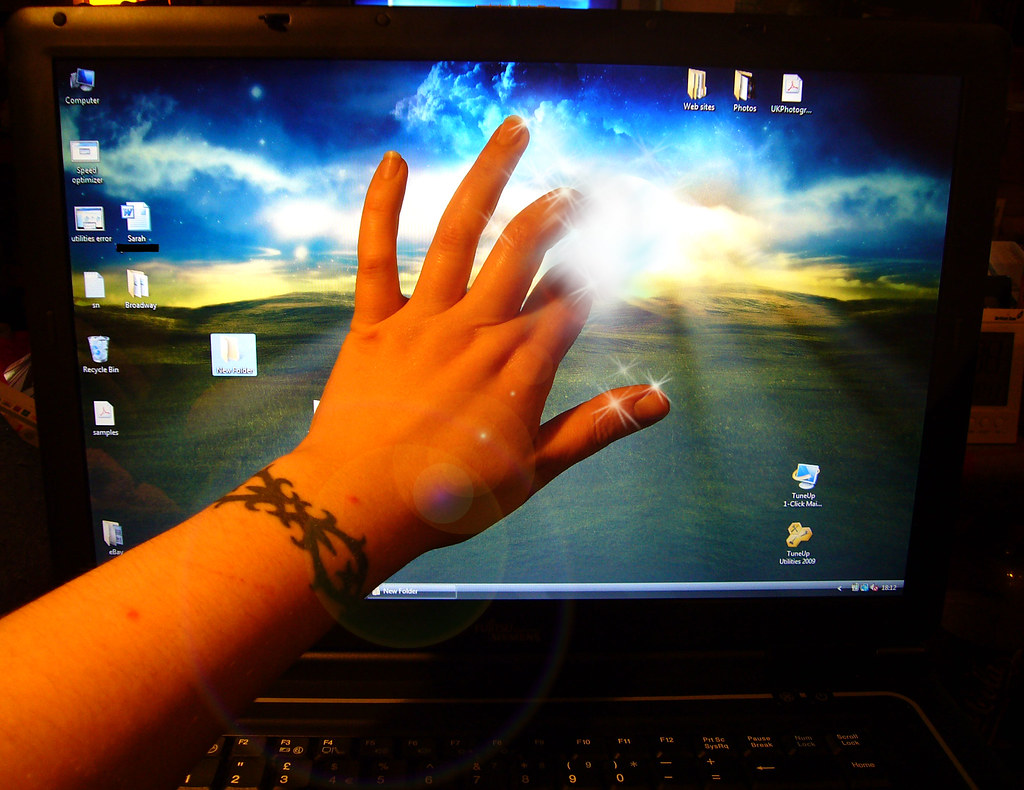
Some people are like small animals or little children, especially when it comes to technology and science. They seem to require constant supervision, hand-holding or guidance whenever they are near a computer, smartphone or any other modern appliance or gadget. We like to believe that these people are mostly the elderly who managed to live a full and happy life in a time when there was no high-speed Internet connection or fancy app stores. But the truth is that even the youngest and more educated of us can have anachronistic views about technology and its role in modern day society.
But why do some people seem to be so indifferent towards technology? What’s more, why do some of us have an almost have a negative attitude towards technology and why are we becoming more rigid to technological advances? These are difficult questions to answer, and a sociology study might be required to fully understand the exact reasons for these behaviors.
Firstly, who are these users? Unfortunately, many people who have a hard time with new technology are, in fact, people who use it on a day-to-day basis as their primary work tool. In other words, many people who don’t understand technology are the very same people who use it every day. Of course, these people shouldn’t be confused with “power users”, who mostly go on with their work tasks without asking for help or assistance on trivial matters. But office workers are just a small fraction of the many people who still believe silly things about technology.
Anyhow, here are some of the funnier notions people still have about technology:
Hacking is Magic
Ever since Neuromancer was published in 1984, people were mesmerized by the virtual world. It was a groundbreaking novel that coined the term of “cyberspace” and predicted the Internet as a virtual environment where everyone could connect using computers and other devices. Like Case, the main antihero in the book, modern day hackers continue to perplex even the most tech-savvy computer users. And why or how they are attacking computer networks to acquire important data remains a mystery for many.
What’s more, many people have a similarly distorted view of computer security. They imagine that computers and networks have a magical electric fence, called a “firewall,” that can be penetrated by typing really, really fast on a black screen. Although this is somewhat of an exaggeration, every computer and gadget user must understand that no computer system is 100 percent safe, and security breaches are common even for simple viruses. Also, if your computer gets hacked, it is not the work of some dark wizard who, somehow, holds the master key to the unknown. Simply put, hackers are just programmers who try to take advantage of security breaches in your system in order to obtain money or valuable information.
Web-browsing is an Advanced Computer Skill
The internet, as we know it today, was initiated by a small group of universities in the early 1990s, and it has evolved immensely. During its early years, access to the Internet was reserved only to a selected few and required extensive computer knowledge — there were no simple-to-use web browsers and other countless, user-friendly apps. Nowadays, however, almost everyone (at least in the developed world) has a fast Internet connection and an easily accessible computer or similar device. There are numerous, simple web browsers now, and even the most difficult Internet searches can be completed with a touch of a button and even through the use of search services like FindAFax.com, which pairs businesses with online fax services.
RAM vs. Hard Disk Storage
As it happens, this minor concept is not very intuitive to grasp, even for some experienced computer users. Many people get confused about the two types of memory: random access memory, which is used by the programs that are currently running, and hard disk memory, which stores all of your mp3s, movies, and games. Knowing the distinction between these types of memory will help you understand computer specifications.
Flaviu Mircea is a father and freelance writer who contributes opinions and articles on issues that affect the business world and everyday family life.
Support InfoStride News' Credible Journalism: Only credible journalism can guarantee a fair, accountable and transparent society, including democracy and government. It involves a lot of efforts and money. We need your support. Click here to Donate
